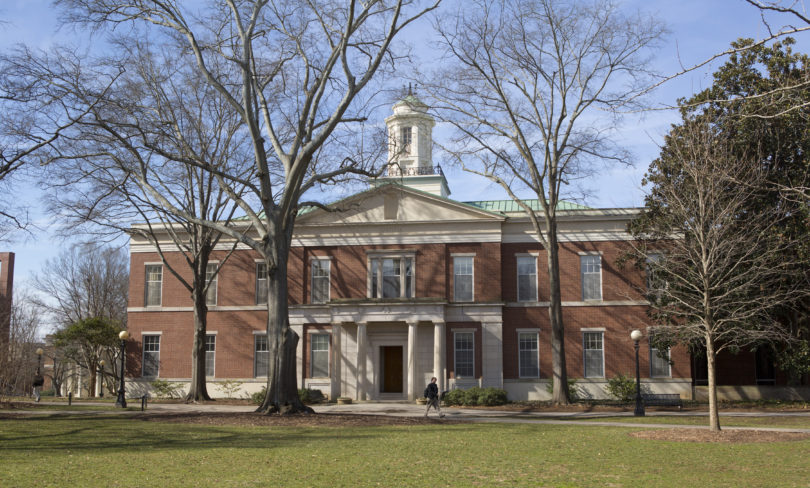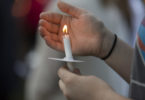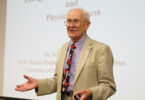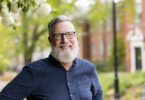With sheltering orders in place, conflicts are sure to arise between family members, partners and roommates or even between tenants and landlords.
The University of Georgia School of Law is offering its services to help guide such parties to a resolution. The law school’s Mediation Practicum is offering qualified, registered mediators who can assist. This free and confidential service is available by calling 706-542-5213.
At the start of the process, these professionals will define some ground rules and allow the affected parties to raise their concerns and explore various options. The mediators will then talk individually with each party to discuss proposals that could help resolve the conflict, culminating with a group discussion – including all parties – where a possible resolution is found.
While everyone is adapting to a new normal during the COVID-19 pandemic, the School of Law’s clinics and service-learning programs are exploring ways to provide needed legal services and guidance to Georgians during these unprecedented times.
“While we may be working in different places, we all understand that the need for legal help doesn’t stop, and we are finding creative ways to meet various societal needs,” the law school’s Associate Dean for Clinical Programs and Experiential Learning Eleanor C. Lanier said. “One such way is through the Mediation Practicum, which trains law students to become registered mediators through the Georgia Office of Dispute Resolution.”
Other law school offerings for Georgians include a program to help small business owners navigate the new Paycheck Protection Program, which was created by the Coronavirus Aid, Relief, and Economic Security Act (CARES Act). Another initiative currently in development will help people with shelter and food needs – including accessing SNAP/food stamp benefits – in addition to health screenings during these trying times.
Most of the law school’s 18 experiential learning opportunities and clinics continue to work on cases for their clients through a variety of virtual and electronic methods, according to School of Law Dean Peter B. “Bo” Rutledge.
These clinics include the Veterans Legal Clinic, the Wilbanks Child Endangerment and Sexual Exploitation Clinic, the Jane W. Wilson Family Justice Clinic, the Community Health Law Partnership Clinic and the Business Law Clinic. The Public Interest Practicum is also handling requests and providing advocacy online for those in need.







